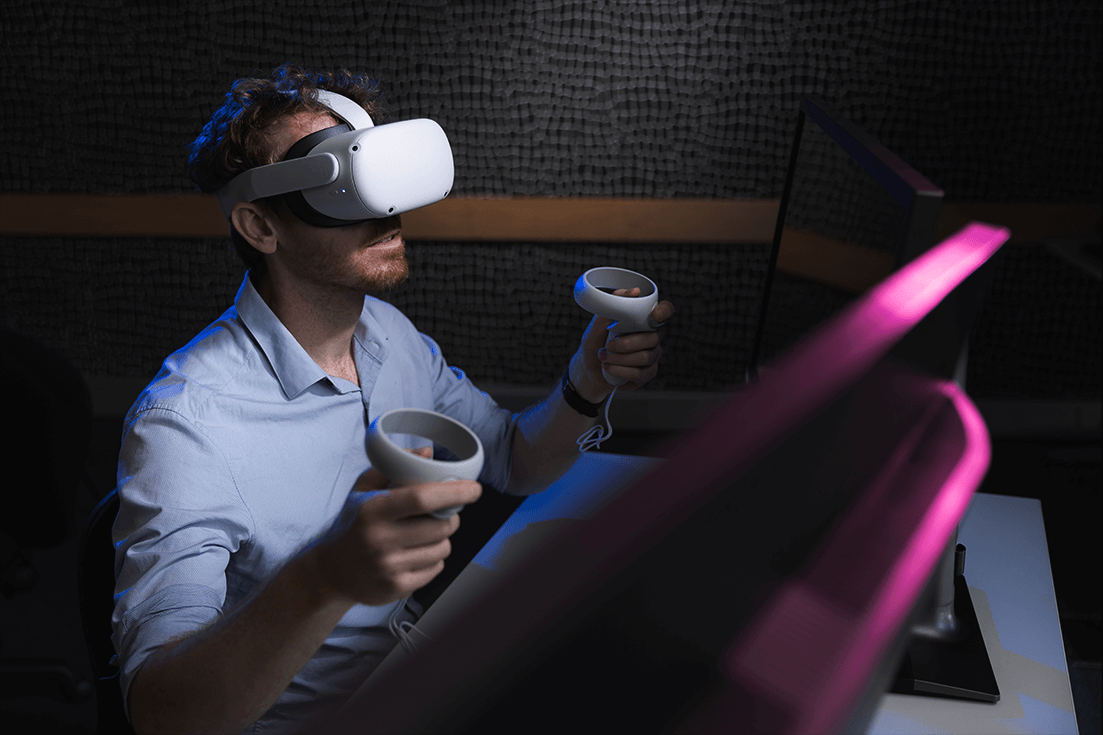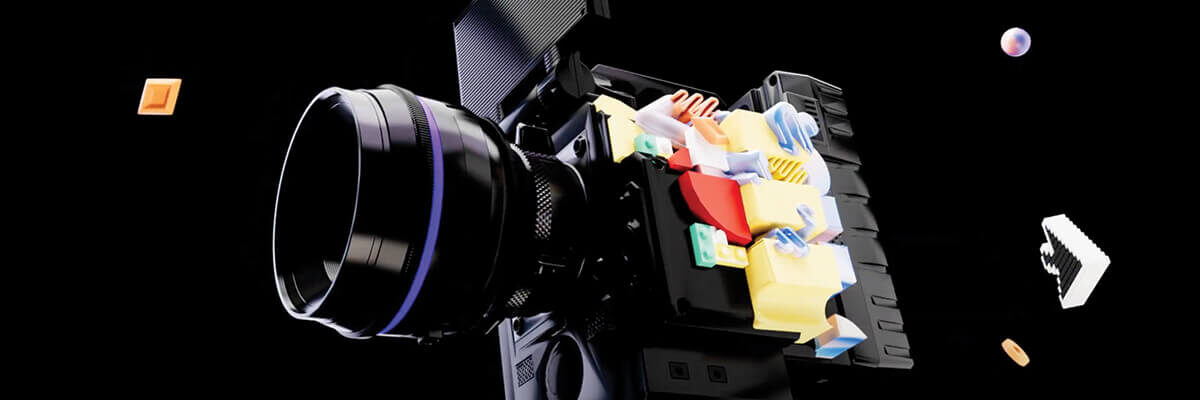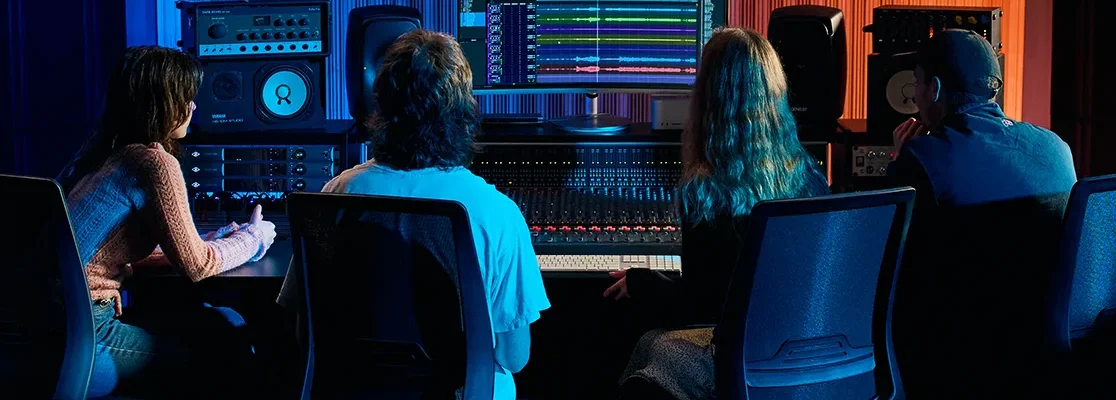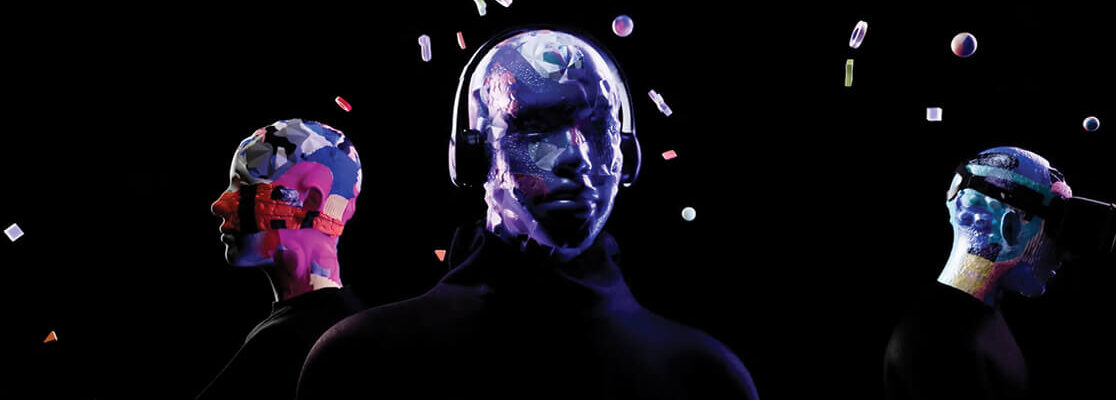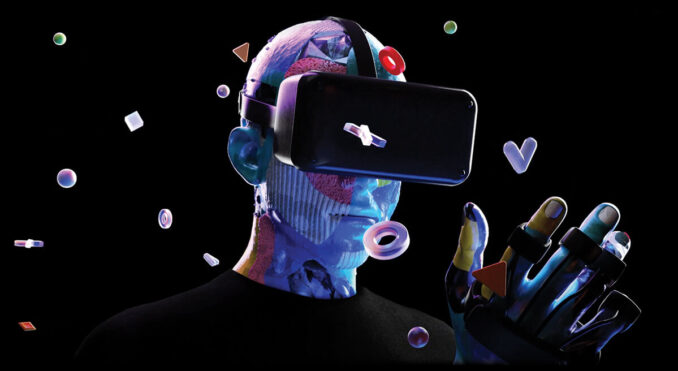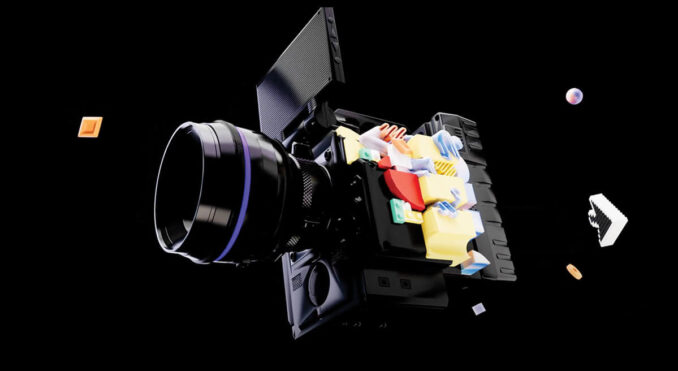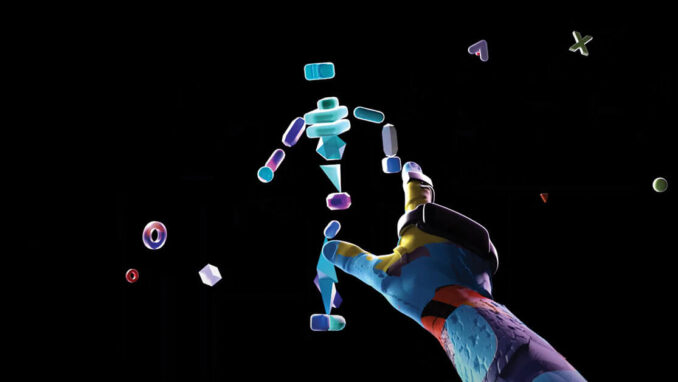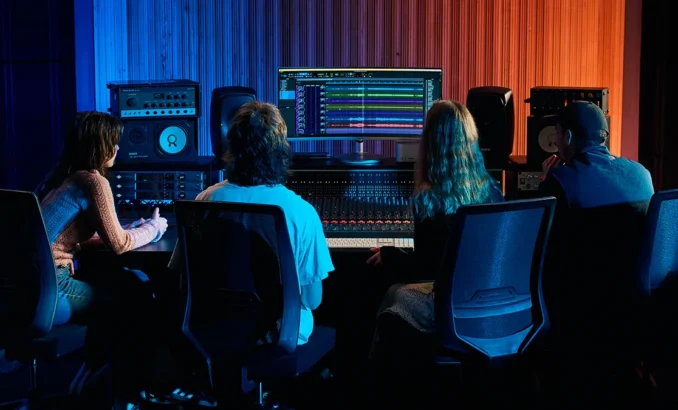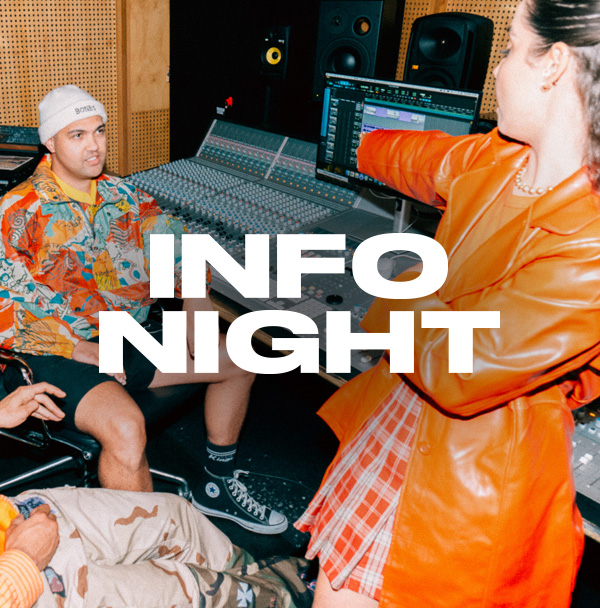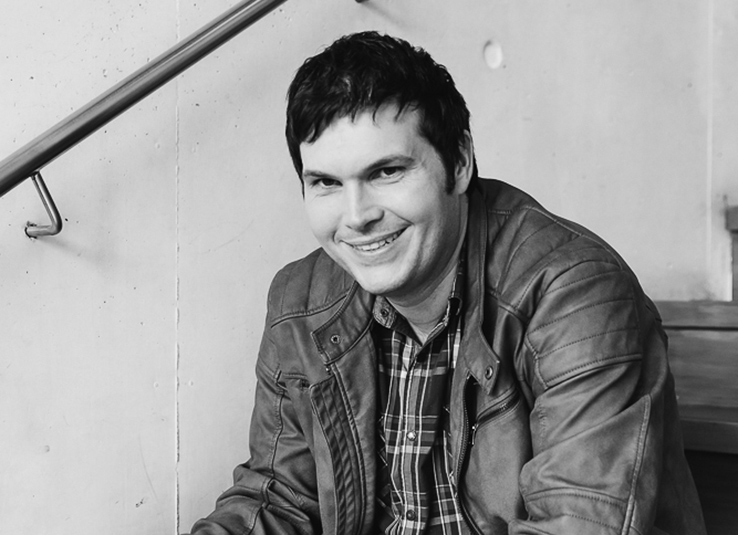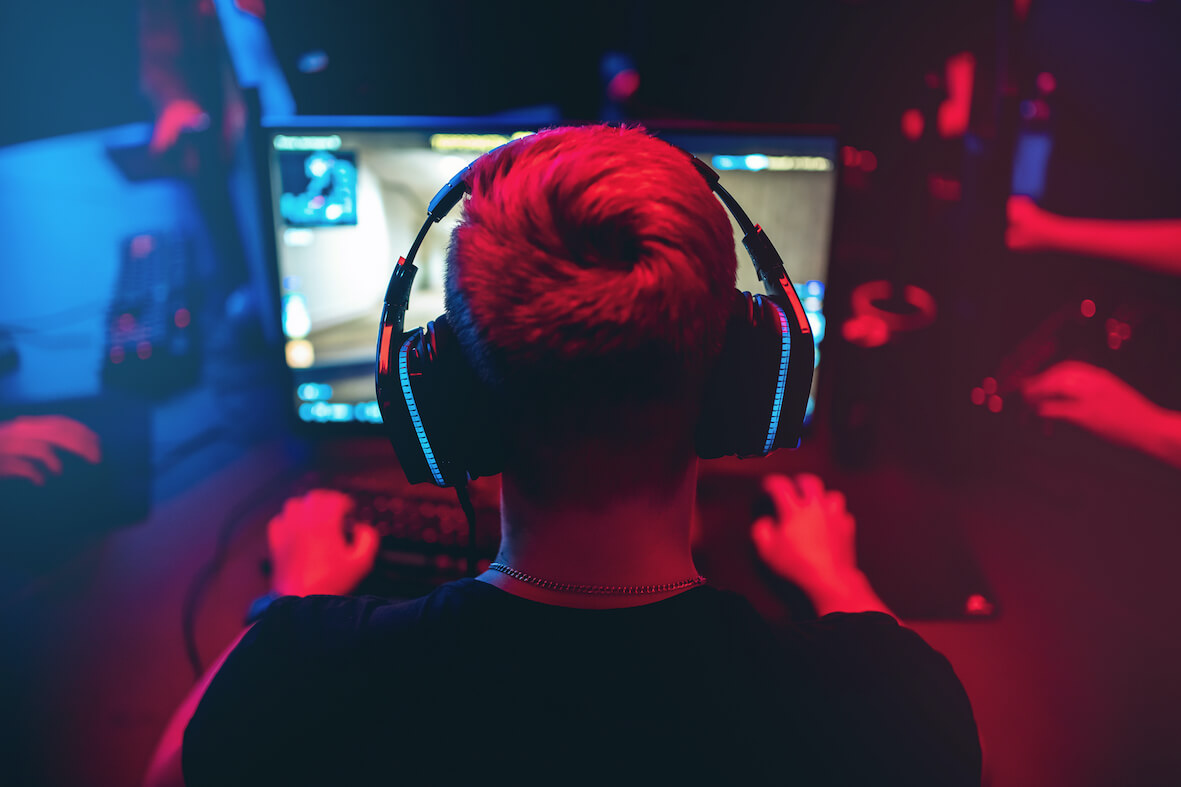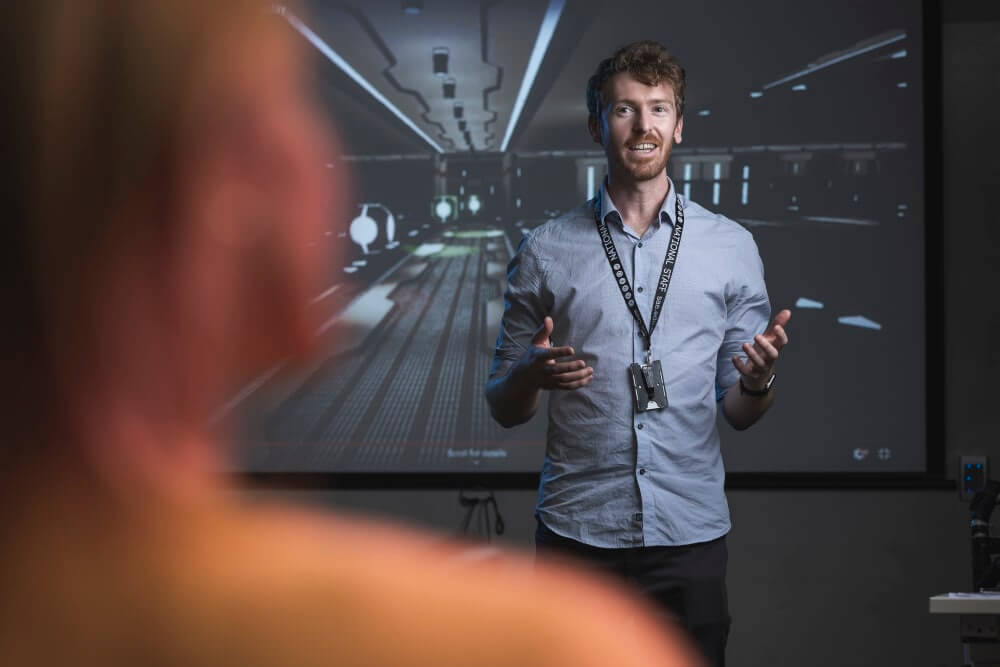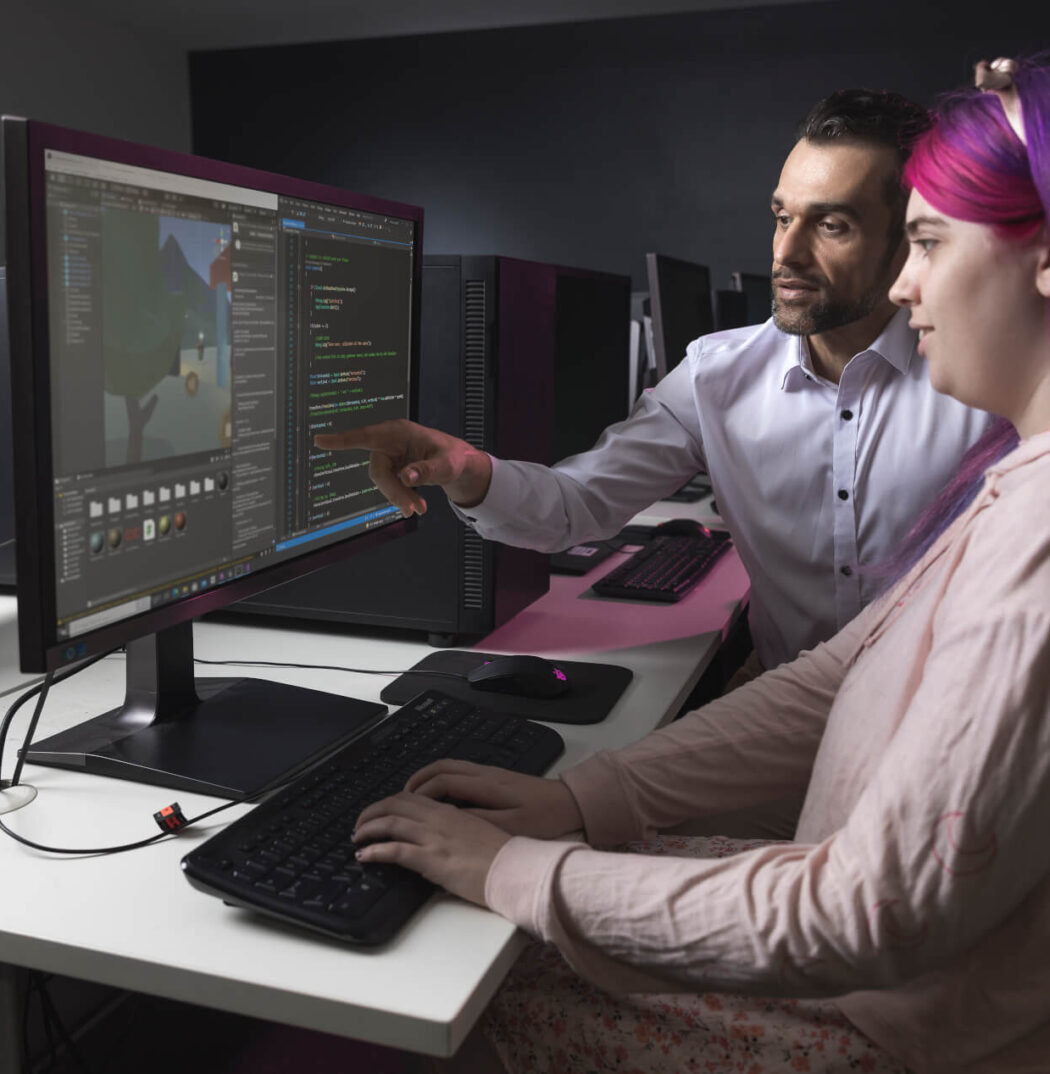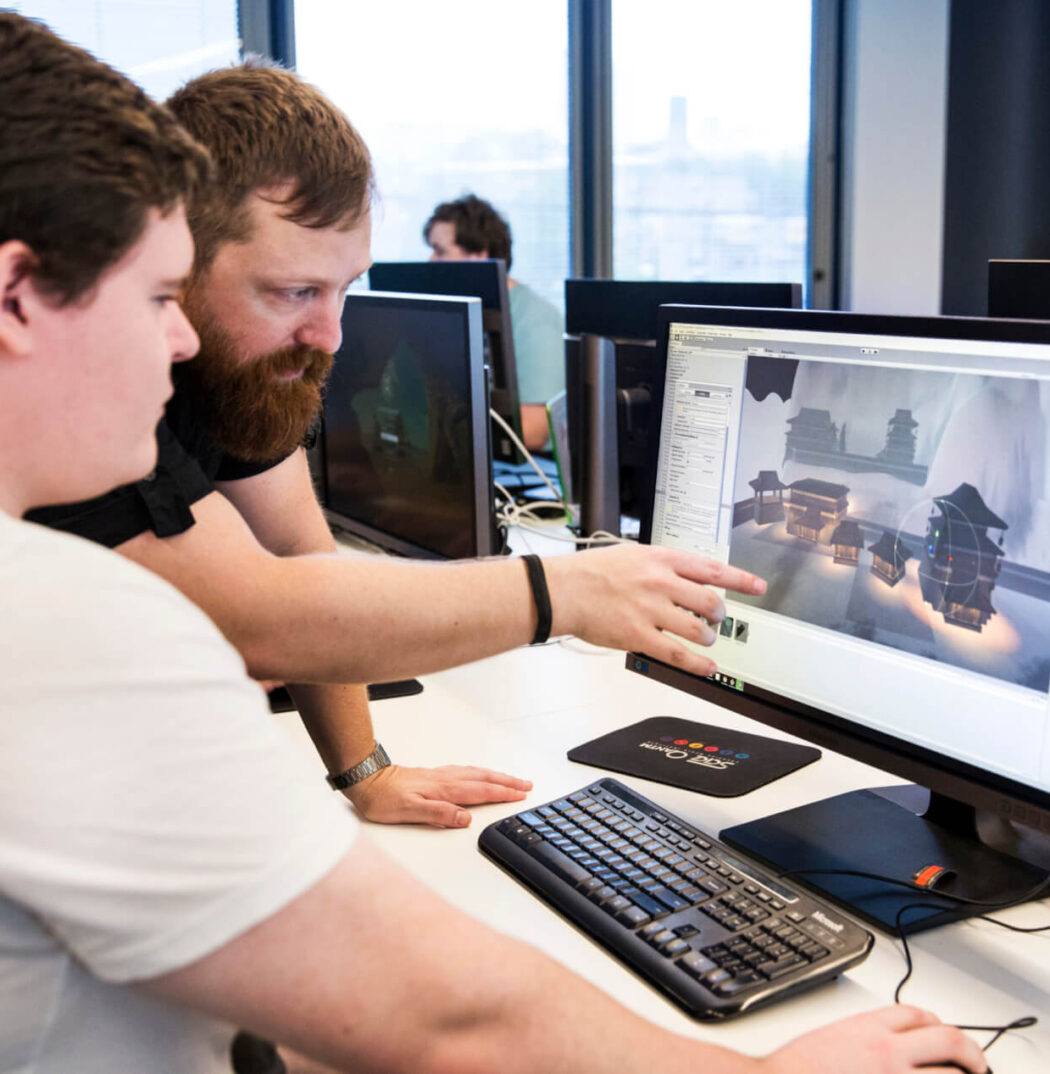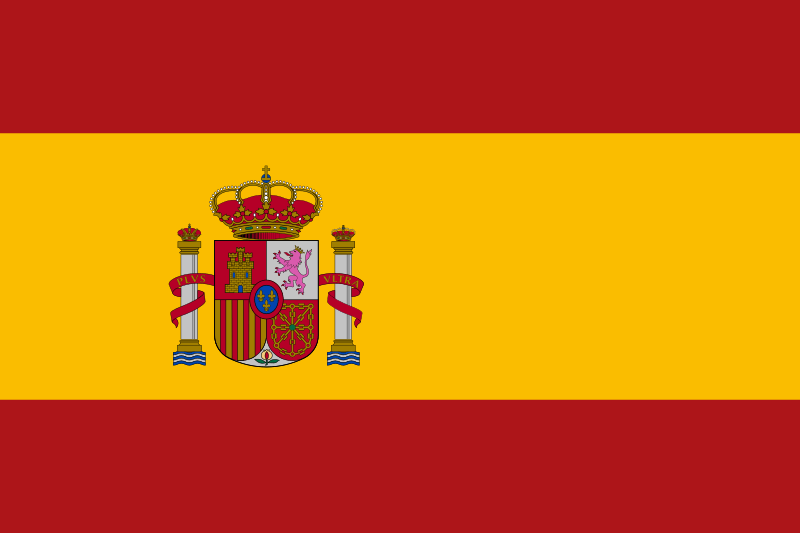Bachelor of Games Development (Games Design)
START YOUR CAREER AHEAD OF THE GAME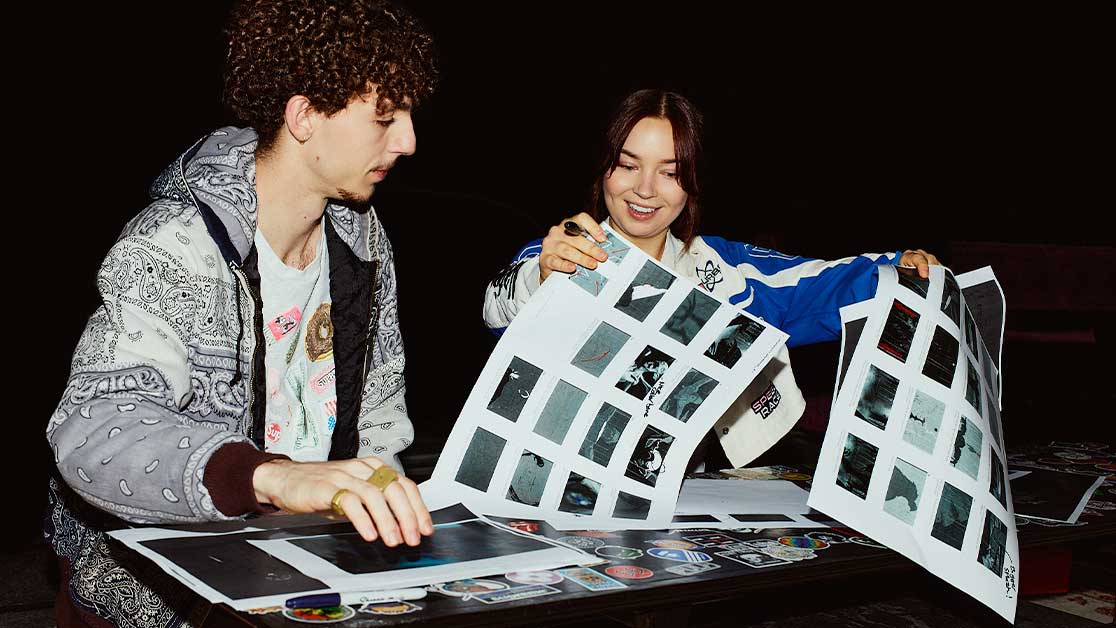
On-Campus
Ideal for students who thrive in a face-to-face environment with access to studios, peers, and in-person support.
- Includes 2 hours of weekly on-campus classes plus 1 hour of national content (online or asynchronous).
- Classes run Monday to Friday, morning, afternoon, and evening, with access to digital resources and support.
- Perfect for hands-on learning, collaboration, and real-time feedback.
Blended Delivery
Designed for those who want the best of both worlds, structured face-to-face learning with online flexibility.
- Combines 2 hours of live (on-campus or online) classes with 1 hour of national content each week.
- Balances in-person connection with the convenience of remote access.
- Supported by SAE’s online learning tools and self-directed study resources.
National Expertise
No matter how you study, you’ll learn from SAE’s national team of expert, industry-aligned faculty.
- Access top educators and specialists across Australia, wherever they’re based.
- Benefit from national masterclasses, guest lectures, and collaborative learning.
- Tap into deep industry knowledge that goes beyond your local campus.
Units x Costs ($AUD)
20 x $2,999
2 x $5,998
Annual Course Fee (Indicative)*
(based on 1.0 EFTSL**)
$23,992 AUD
Plus Student Services and Amenities Fee (SSAF)
* The Annual Course Fee (Indicative) is charged against individual units of study which may increase from time to time and does not take into account personal circumstances such as RPL, credit, repeats and some specialised electives.
** EFTSL (Equivalent Full-Time Student Load) is a measure of a full-time student’s study load for a year. A full-time study load equates to 1.0 EFTSL. Typically, a full-time study load at SAE is 8 units of study over the year, each with an EFTSL value of 0.125.
For more information view the SAE Fee Schedule or visit the Fees & Payment page.
Units x Costs ($AUD)
20 x $3,495
2 x $6,990
Annual Course Fee (Indicative)*
(based on 1.0 EFTSL**)
$27,960 AUD
Plus Student Services and Amenities Fee (SSAF)
* The Annual Course Fee (Indicative) is charged against individual units of study which may increase from time to time and does not take into account personal circumstances such as RPL, credit, repeats and some specialised electives.
** EFTSL (Equivalent Full-Time Student Load) is a measure of a full-time student’s study load for a year. A full-time study load equates to 1.0 EFTSL. Typically, a full-time study load at SAE is 8 units of study over the year, each with an EFTSL value of 0.125.
For more information view the SAE Fee Schedule or visit the Fees & Payment page.
Complete your course faster by studying units across 2 years (6 trimesters).
Complete your course faster by studying units across 2 years (6 trimesters).
Complete the study units across 2.5 years (8 trimesters).
Whilst still classified as a full-time study load, you will complete course units over a 3 year period (9 trimesters).
If you want to take a little longer, that’s ok too. We’ll help you work out the best study load to suit your needs.
Note: Part-time is not available for international students.
May 2026
September 2026
February 2027
May 2026
September 2026
February 2027
May 2026
September 2026
February 2027
May 2026
September 2026
February 2027
May 2026
September 2026
February 2027
Your creative career starts with SAE
Course Structure
The Bachelor of Games Development (Games Design) is broken up into three distinct stages, each designed to develop different skills.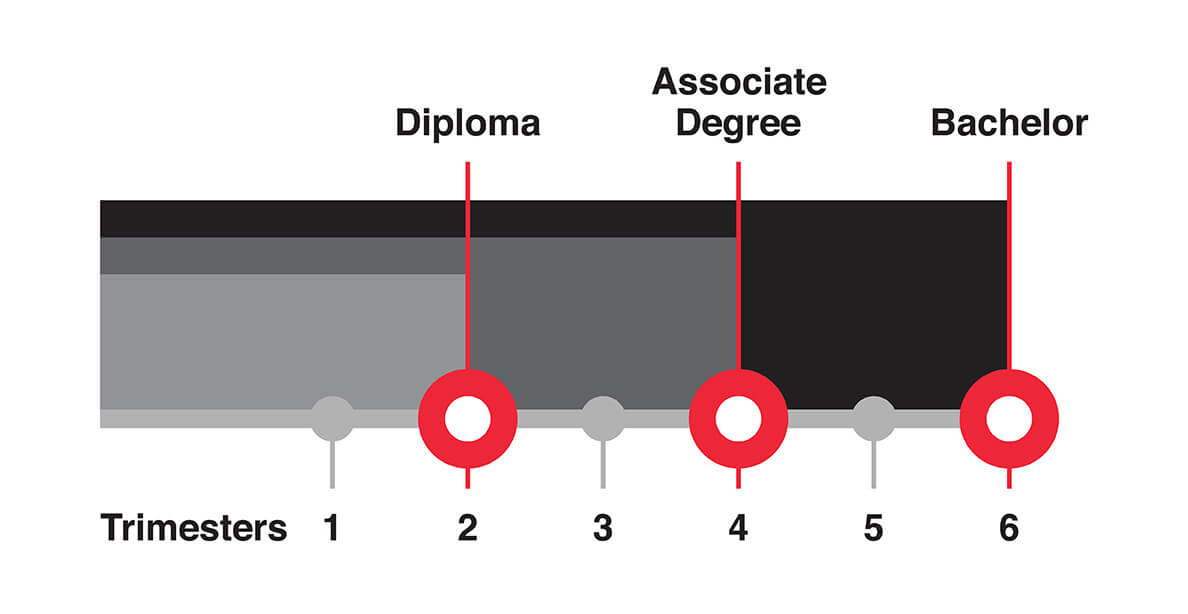
Beyond technical and craft skills, expert practitioners also have an understanding of the historical, scholarly and cultural context of games. Through developing your ability to identify scholarly and authoritative resources, your skills in research, and your capacity to argue, present and write academically, you will become a more literate creative. You'll be able to apply these skills in industry to build better outcomes for your project and company with strong links to both the past and future of Games.
Potential projects: Working in a team, you'll develop a paper and digital presentation in the style of a Games Developer's Conference.
Game scripting is a common method of controlling the behaviour and sequencing of events and interactions within a game or scenario. Scripting can be thought of as a discrete language that uses principles of mathematics, combined with rules of syntax and patterns, to provide instructions for a computer to follow.
In this unit, you will implement a range of basic game functionality by utilising data manipulation, formulas, object creation, defining of behaviours, and working with event systems. You will also build an awareness of how to use these elements within common game scripting languages and environments.
Potential projects:
Build a simple game from scratch using an existing game engine such as Unity with C#.
In order to design and create games we need to be able to understand game systems and how they generate player experience. Games are complex, sitting at the intersection of art, technology, and psychology. To be able to become an effective game developer, it's important to start at a point where you can experiment and see the immediate outcomes of your decisions upon a product. It's for this reason that most game developers start off with small, rapidly developed games or modifications to check their thinking. In this module you will learn how to analyse existing games to identify and describe their core elements and interactions. You will apply this understanding to manipulate existing games in addition to designing new ones, and then check the effectiveness of your work through playtesting and player feedback.
GAD178 will introduce you to 2D Development and is designed to equip you with foundational knowledge and skills necessary for creating 2D games. The course is structured to guide students through the process of planning and developing 2D game assets, laying the groundwork for the creation of a fully realised 2D game concept.
By the end of this unit you will have created the necessary 2D assets required to convey the mood and tone of your own game. With these assets, you will have several fully realised scenes, built in a game engine that depict your vision and demonstrate your understanding of the 2D asset production pipeline.
This unit explores the concepts of entrepreneurship, innovation and project design. You will develop approaches to identify promising opportunities and actionable strategies to transform them into tangible successes. Through exposure to developing new ideas, processes and ways of working - both individually and in entrepreneurial teams - you will hone skills to put creative ideas into practice and achieve real-world impact.
As Alan Kay explained, "The best way to predict the future is to create it", so let's get at it!
Game systems increase in importance and complexity in proportion to the size of a project. This relationship requires modular and reusable systems within game development pipelines, which can be applied to other projects. In this unit, you will extend basic scripting principles by implementing event-systems and applied mathematics in the form of modular game systems. This will involve reviewing good code design by developing or modifying fundamental game systems driven by geometry, vectors, and physics, such as input systems and character controllers, as well as researching, designing, and developing a complex game system, such as a 2D boss battle system, RPG dialogue system, or action-adventure inventory system.
3D Asset Production introduces students to the planning, design and construction of 3D models using industry standard software and techniques. This unit introduces students to concepts of workflows and pipelines in order to develop 3D assets for a number of purposes for games, animation, VFX and real-time applications. Students will develop their understanding of theoretical concepts and the practical application of 3D modelling through a hands-on approach. By planning and creating a number of 3D assets, students will develop their skills in using industry standard 3D modelling software including Maya in addition to being introduced to Substance Painter.
In order to create games, we must be able to manage the complexity of the game development process. To do this successfully, we need to be able to manage group communication and collaboration. This requires common languages and structures that support the variety of disciplines involved. We must also build familiarity with toolsets and existing industry practices, and be able to formulate and execute clear plans for delivering high-quality game assets and features on time. It is also essential to articulate the lessons you learn during development through reflection in a "post mortem" after a project is complete.
In this unit, you will learn about project management techniques and work in a group to pitch, design, plan, and deliver a game in response to project briefs. This will include learning and applying a range of group work and organisational skills, as well as applying iteration processes to your game design. Managing projects in this way will help you expand your existing skills in design and scripting to craft a broader range of gameplay systems and features.
In this unit, you will collaborate on interdisciplinary projects that blend creativity and technology across fields such as film, audio, music, gaming, design, and computer science. Through project-based learning, you'll explore how different disciplines contribute to innovative outcomes—like immersive installations or interactive experiences. The unit focuses on strengthening communication, problem-solving, and teamwork across creative and technical areas. You'll be challenged to apply your existing skills while embracing new perspectives and ways of working, developing a holistic understanding of contemporary media production and preparing you to deliver complex, boundary-pushing creative solutions.
Game development is a long and complicated process. But how do game developers know what ideas to pursue and which ones to give up? This is why we develop rapid prototypes: to test a theory or idea before we lose months or years of time to a concept that is simply too challenging to develop to the standard we desire. These prototypes are created purely to test a concept or tool. They are developed, analysed, and disposed of once we have learned what we can from them.
This unit explores game systems featured in popular computer games across various genres. It builds upon existing design and programming skills through design activities and technical overviews of common 2D and 3D game systems, such as sprite managers and character controllers, as well as genre-specific systems, such as adventure game inventories and role-playing game progression systems. In this unit you will evaluate, design, and implement common game systems through design activities, and choose a game genre for a group project, with each member contributing a different game system.
Worldbuilding for Virtual Environments is a practical unit focused on creating immersive digital worlds. Through hands-on projects, students learn to conceptualise, design, and implement virtual environments in a real-time engine. This unit provides essential skills for aspiring environment artists, virtual production artists, game artists and game designers.
Creatives have always contributed to real-world problem solving, whether through innovative inventions, creative calls for action, public awareness building, or art and science collaborations. In this unit you will use your interdisciplinary collaboration skills to address a real-world problem. Using different theoretical frameworks within a ‘hackathon’ style studio environment you will produce a prototype that can be presented within SAE, as well as to external stakeholders.
Are you ready to take your game design skills to the next level? This unit delves into the power of games for more than just entertainment. We will explore the invigorating world of Applied Game Design, with a subcontext of meaningful application, where you will learn how to craft engaging experiences that not only entertain but also achieve specific goals for players, such as education, training, or social impact.
Technical sound designers play a crucial role in bridging the gap between the creative and technical aspects of game sound production. They work with game development tools such as Unity, Unreal Engine, FMOD and Wwise to implement audio into games. They primarily take care of sound implementation tasks, whilst being flexible enough to assist in other areas, such as developing and managing audio assets.
In this unit you will develop technical sound design skills and knowledge, including: middleware integration, audio implementation, object based panning, occlusion, trigger boxes, procedural audio, real-time effects, randomisation, interactions and adaptive music systems and more.
By the end of this unit, you will have a demo video suitable for applying for entry level Technical Sound Designer roles. You will also be equipped with the skills needed to navigate the multifaceted domain of game audio.
We are inherently storytellers, and have been using narrative to understand the world around us, connect with others and find meaning for millenia. In this unit, you will explore the fascinating intersection of storytelling and game development, focusing on how Interactive Digital Narratives create meaningful experiences for players.
Get immersed in the evolution of interactive storytelling, from its rich history to current industry practices and emerging technologies. Throughout this unit, you'll gain insights into narrative structures, character development, world-building, and the use of game mechanics as storytelling devices. You will learn about narrative structures, rhetoric, how to develop a character, and world building as well as how to employ game mechanics to drive a story. Liberate your creative spark, share your stories, and become the architect of boundless immersive worlds and interactive experiences.
In this unit, you will develop a concept into a significant and impactful project that showcases your skills and knowledge in your chosen field. This unit emphasises the importance of developing projects with real-world significance, aiming to cultivate skills in critical thinking, creativity, and effective communication. By the end of this unit, you will have a well-defined project concept, a viable prototype, and a solid project plan, all setting a strong foundation for your Capstone Project.
Commercial Production Studio walks you through the early stages of an independent production process, from finding a viable market, to pitching a concept or idea to a potential investing audience. The unit addresses the skills needed to research a market, create a concept to address needs and wants, and convey that concept to an external stakeholder.
This advanced unit empowers you with a strong foundation in C# and C++ programming to create custom plugins for the industry-leading game engines, Unity and Unreal Engine. Delve into techniques and concepts required to craft high-quality plugins that address various game development needs. Explore the fundamental architecture of both Unity and Unreal Engine plugins, along with APIs (Application Programming Interfaces) that act as communication channels between your plugin and the engine.
The transition from study to work is an important step for you as an emerging professional in the creative industries. Work Integrated Learning provides you with a professional experience opportunity that both complements and deepens the skills and knowledge you have gained from study. Placement requires a minimum of 80 hours at one or more host organisations.
CIM330 Major Project Production, along with CIM310 Work-Integrated Learning and CIM312 Major Project Development, form the final capstone experience of your undergraduate studies. In CIM330, you will build on the project plan and pre-production work that you have completed in CIM312. You will now complete the production and delivery of your final creative work. This will include the execution of the marketing and distribution plan developed in CIM312. Broadly speaking, this unit is about production and exhibition.
You will apply all of the production processes and procedures you have learned over the course of your degree and record these in your Documented Professional Practice as a means of demonstrating your progress and contribution within your team.
In this unit, your final project will now move into its production phase. Over the coming weeks, you will work collaboratively to deliver your creative work. You will apply the processes and standards you have learned throughout your learning at SAE. You will keep a record of this production process via Documented Professional Practice and deliver the production documentation appropriate to your project. Your CIM330 project supervisor will be a reference point for this documentation process.
Your project supervisor will meet frequently with you and your team during the trimester and will work with you to control and guide the scope of your project. This process ensures that by the end of CIM330 Major Project Production you will have a portfolio piece that represents the sum total of your skills and experience, delivered on time and to specification.
The aim of this unit is to introduce you to the core business structures, management frameworks and marketing strategies used by contemporary creative professionals. You will discover the key behaviours and practices of successful creative business people and the business principles they implement – strategies you can use in your own professional practice. This knowledge will assist you in effectively exploring your creative business niche, encouraging you to develop and operate as a sustainable professional within your chosen media field. Through an examination of marketing strategies and processes, you will be able to identify and target specific consumers and markets. You will then research and develop a product- or service-based business that meets the demand within these target markets. You will also develop fundamental marketing, promotional, communication, and financial skills essential to running a creative media business as well as exploring start-up methodologies and structures within the creative industries.
Learn using Industry Tools & Software







Bachelor of Games Development (Games Design)
Make the transition from gamer to game designer, learning how to craft engaging, playable experiences across 2D and 3D games. You’ll explore how mechanics, systems, narrative, sound and world building come together to shape how players think, feel and interact with games.
Starting from foundational theory and design principles, the Bachelor of Games Development (Games Design) builds your skills in scripting, mechanics and systems design. You’ll analyse existing games, experiment through rapid prototyping, and test your ideas through playtesting and player feedback, learning how to refine concepts into functional, engaging game experiences.
At SAE, game design is hands-on and collaborative. You’ll work in small classes with opportunities for one-on-one mentoring, developing projects in team-based studio environments that reflect real-world game development. Interdisciplinary projects allow you to collaborate with students across film, audio, music, design and technology, building communication and project management skills alongside your creative practice.
By the end of the course, you’ll graduate with a professional portfolio developed through major projects, commercial-style production units and work-integrated learning. Whether you’re designing for entertainment, education or applied contexts, you’ll leave SAE with the confidence, experience and adaptability to take your next step into the games industry.
Prefer building the systems and code that power gameplay behind the scenes?
Check out the Bachelor of Games Development (Games Programming)
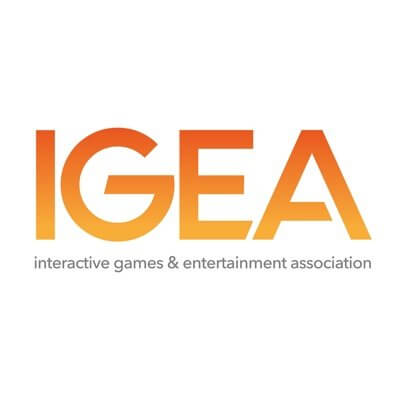
Meet your games mentors
What our students say about SAE


Jair Wallace
SAE Alumni | Current Job: Games Designer and Developer

Regine Caramancion
SAE Alumni | Current Job: Independent Games Developer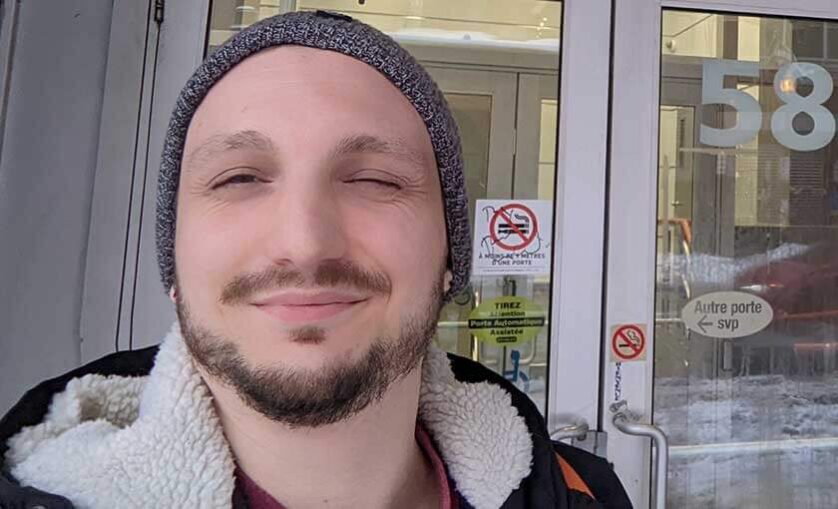
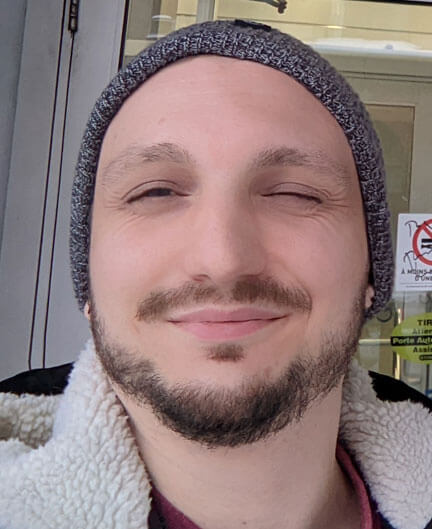
Nik Pantis
SAE Alumni | Current Job: Production Manager, UbisoftSAE Bachelor of Games Development (Games Design) offers:
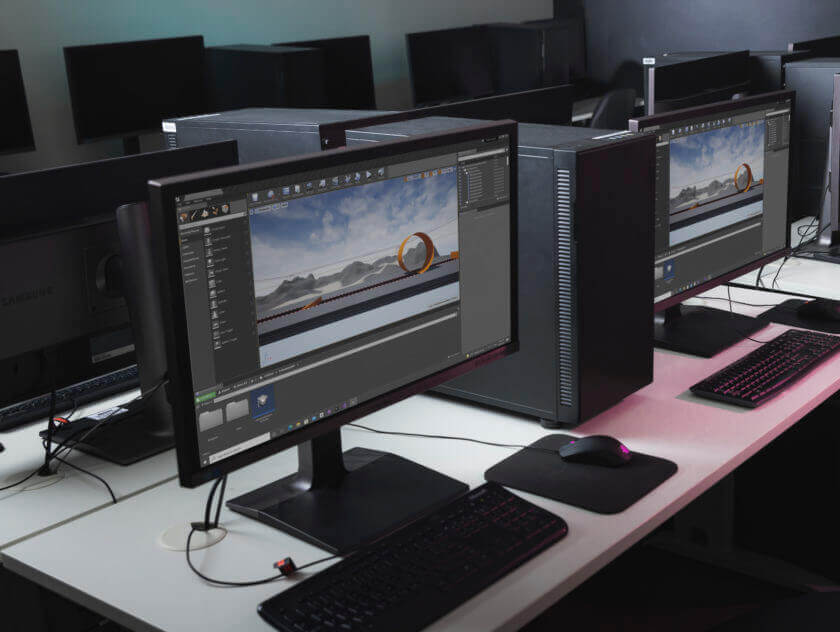
Your career in Games begins now
GAME DEVELOPMENT SKILLS
To get a FEE-HELP* loan, you must:
- Be an Australian citizen and study at least part of your course in Australia or be a New Zealand Special Category visa (SCV) holder or permanent humanitarian visa holder and meet the residency requirements. Permanent residents can only get FEE-HELP for approved bridging studies be enrolled in a fee-paying place at a provider that offers FEE-HELP loans be enrolled in an eligible course at your provider by the census date (your provider can tell you if your course is eligible)
- Submit the Request for FEE-HELP loan form to your provider by the census date
- have an available HELP balance.
- Not have undertaken more than 2 years’ worth of higher education study in the last 12 months, unless your provider has assessed you as capable of taking on a higher study load.
- Have a Unique Student Identifier (USI) prior to the first census date to be eligible for FEE-HELP if you are starting a new course in 2022. Applying for a USI is fast and free, and you keep the same USI for life. You can apply for a USI, or check if you already have one, at www.usi.gov.au.
- If you are studying at a non-university higher education provider, you must maintain a pass-rate of 50 percent or above to continue to be eligible for FEE-HELP.
* Terms and conditions apply. For the latest updates regarding FEE-HELP please refer to sae.edu.au/fees
SAE has three intakes per year: February, May and September. Short courses and certificates courses may have different intake timings. View our academic calendar for trimester start dates or contact your campus for further information.
You can choose to study most of our courses in a part-time capacity. An SAE course advisor will be able to give you more information about the study options for your chosen course.
Note: Part-time is not available for international students.
We carefully design and deliver all our units to help you develop the knowledge you need to be successful in your chosen field of study. Courses and course units at SAE follow best practice teaching and learning.
CREDIT AND RECOGNITION OF PRIOR LEARNING
SAE may recognise your prior learning and may grant credit towards satisfying the requirements for a higher-level program. This is applied where previous learning is considered equivalent to the content and learning outcomes prescribed for units within the program.
For full details, please refer to SAE’s policy on recognition of prior learning and credit transfers.
